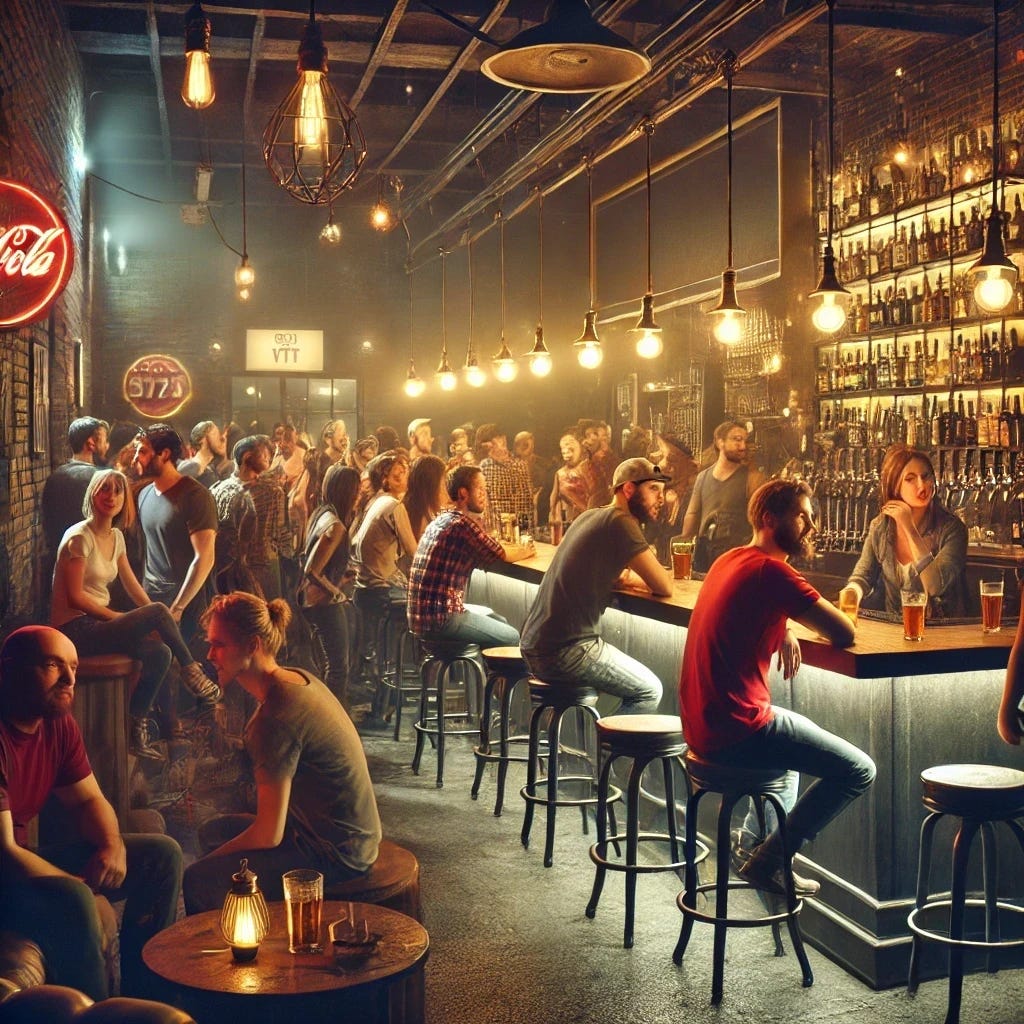Bob was waiting for me at the hospital’s patient pickup roundabout. I pulled in along the curb, stopping the car when the door handle was in Bob’s reach so he didn’t have to stretch. He looked pale and seemed close to toppling over. I winced as I watched him ease his body onto the passenger’s seat. “How’d it go?”
He grimaced as he shut the door. “They stuck me like a pincushion. Gallons of my best blood. I needed that blood, Al.”
“It sucks to be old.”
“Don’t I know it. But they finally gave me an appointment for the surgery.”
“Outpatient?”
“Yup. Just one day to put in a new hip. I’ll be home in time to watch Jeopardy, and running marathons in no time. Where we headed?”
“I want to talk to a friend of Stephen’s.”
“You got a theory?”
Satisfied that Bob had his seat belt buckled, I shifted the car out of park and merged into the rush hour traffic. “As a matter of fact, I do. So far, everyone’s blaming everyone else. Everyone wanted Stephen to become a big shot writer. Everyone benefited. Only one person needed Stephen to stay who he was.
“And who would that be?”
I told Bob my theory. He listened without interrupting, then looked out the window, sighed at the prospect of resolution, and said, “Makes sense to me.”
We pulled up to the bar. Happy hour was in full swing and the place was loud and crowded. We pushed past trust fund man-babies and disaffected gum-chewing b-school ingenues fully engrossed in their mixed-drink mating rituals. Once upon a time Bobby and I would have gotten intimidated looks from the white-collar clientele as we walked among them, they avoiding eye contact with two tough, grizzled cops unwilling to put up with any yuppie bullshit. Most of them were holding weed, coke or ecstasy, but we weren’t there for that.
Baby fat faces smirked as the crowd pulled back to let Bobby and me pass: two lost old men who must have accidentally stumbled into the wrong joint to order drinks we couldn’t pronounce nor afford. At least the last part was true.
Nick was sitting at the bar, apparently off work. He didn’t seem happy to see us.
Keep reading with a 7-day free trial
Subscribe to Episodic to keep reading this post and get 7 days of free access to the full post archives.




